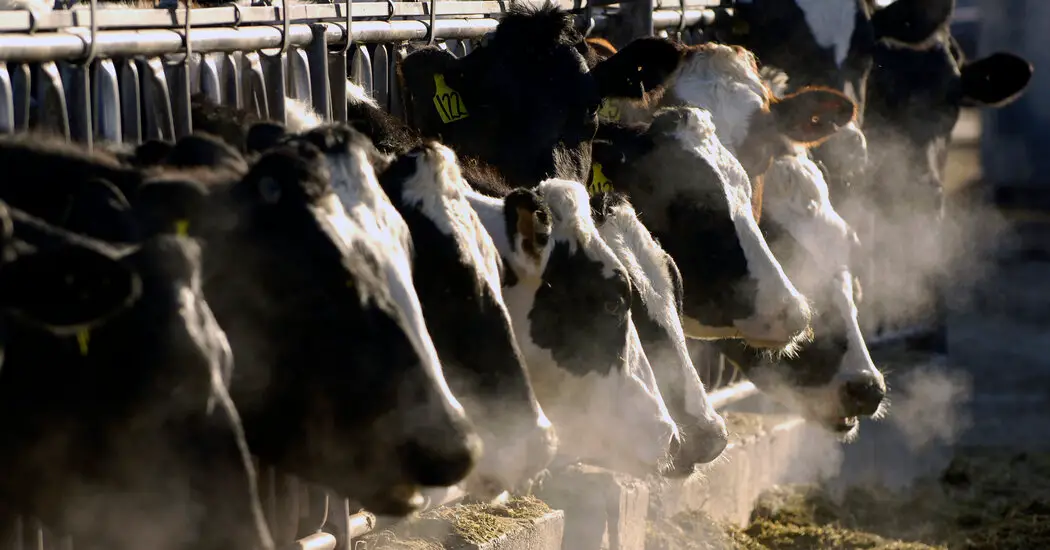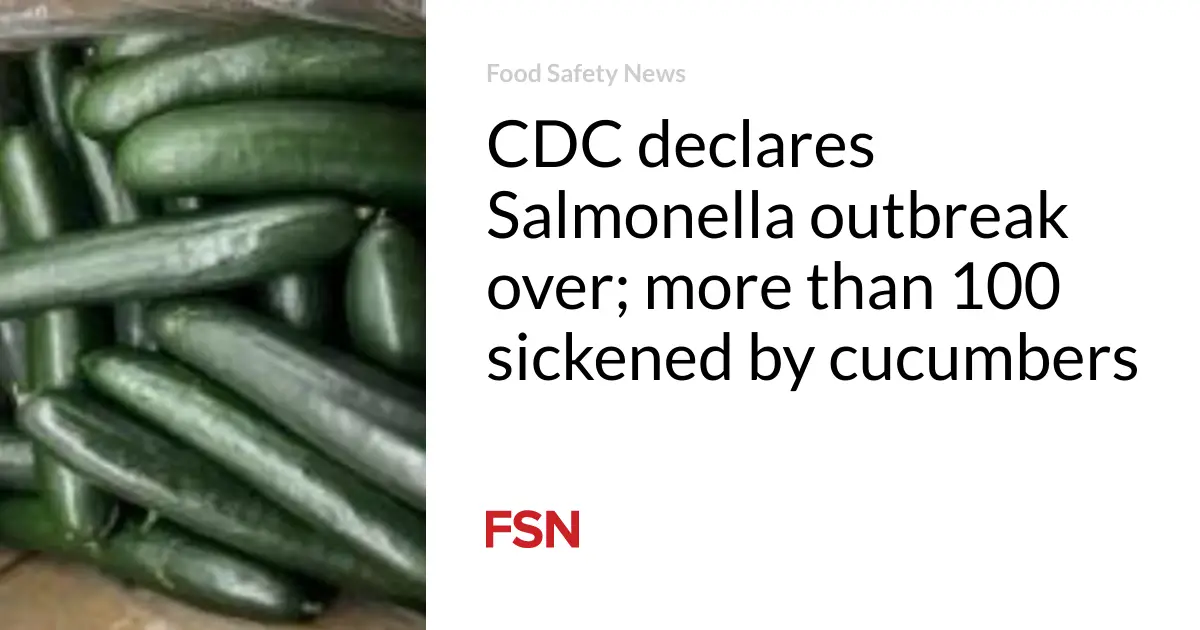
Federal regulators on Tuesday said that samples of pasteurized milk from around the country had tested positive for inactive remnants of the bird flu virus that has been infecting dairy cows.
The viral fragments do not pose a threat to consumers, officials said. “To date, we have seen nothing that would change our assessment that the commercial milk supply is safe,” the Food and Drug Administration said in a statement.
Over the last month, a bird flu virus known as H5N1 has been detected in more than 30 dairy herds in eight states. The virus is also known to have infected one farmworker, whose only symptom was pink eye.
Scientists have been critical of the federal response, saying that the Agriculture Department has been too slow to share important data and has not adequately pursued the testing of cattle for the infection.
Finding viral fragments in milk from the commercial supply chain is not ideal, but the genetic material poses little risk to consumers who drink milk, David O’Connor, a virologist at the University of Wisconsin-Madison, said.
“The risk of getting infected from milk that has viral fragments in it should be nil,” he said. “The genetic material can’t replicate on its own.”
Officials did not say how many samples of pasteurized milk had tested positive for viral fragments or where those samples had come from. Those are key questions, experts said.
If the fragments are present in many samples throughout the commercial milk supply, it would suggest that the outbreak is likely to be far more widespread than has been reported.
Last week, The New York Times reported that the virus had also been detected in a herd of North Carolina dairy cows that had no symptoms of illness.
“The problem in dairy cows might be much bigger than we know,” Dr. O’Connor said. “That would be the concern — not that the milk itself would be a risk.”
Federal officials have repeatedly reassured consumers that the commercial milk supply is safe, noting that dairy producers are required to keep milk from sick animals out of the human food supply.
And nearly all of the milk produced on U.S. farms is pasteurized, a process that is designed to kill pathogens with heat. Pasteurization should also inactivate flu viruses, which are known to be fragile and heat-sensitive, experts said. Only recently has the F.D.A. been testing pasteurization’s effectiveness on H5N1.
The discovery of viral fragments in milk has prompted significant concern in the White House over how to avoid raising undue alarm about the dairy supply, according to people familiar with internal deliberations who were not authorized to speak publicly about them.
Federal officials are expected to address the findings in a news briefing in the coming days.
This developing story will be updated.






